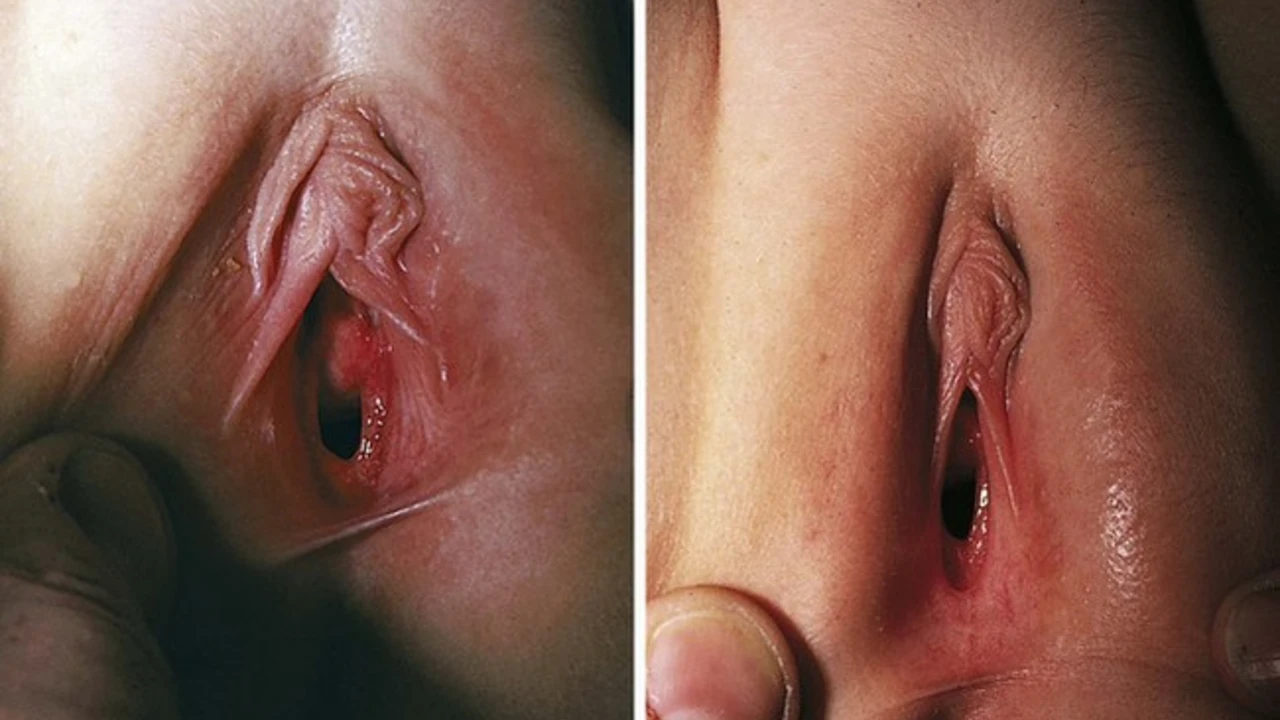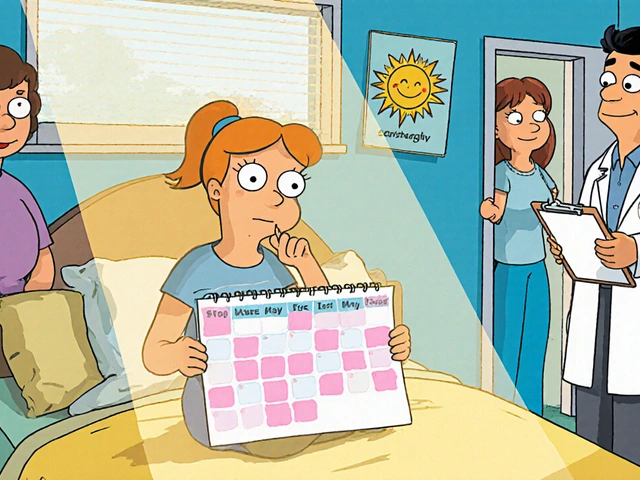Vaginal irritation: fast answers and practical steps
Vaginal irritation is common and annoying. It can feel itchy, sore, or produce unusual discharge. The good news: many causes are treatable and you can try safe steps at home. Read on to figure out likely causes, quick fixes you can do today, and clear signs that you need a doctor.
Common causes and how they usually present
Yeast infection: intense itching, thick white "cottage-cheese" discharge, and redness. Over-the-counter antifungal creams often help, but recurrent cases need a doctor.
Bacterial vaginosis (BV): thin gray or white discharge with a fishy smell, especially after sex. BV needs antibiotics like metronidazole prescribed by a clinician.
Trichomonas: a sexually transmitted parasite that can cause frothy yellow-green discharge, itching, and odor. Both partners usually need treatment.
Irritant or allergic contact dermatitis: scented soaps, feminine sprays, laundry detergents, latex, or certain wipes can cause burning, itching, and redness without unusual discharge.
Hormonal changes and dryness: lower estrogen (after childbirth, breastfeeding, or menopause) can cause dryness and irritation that feel painful during sex.
Other infections (chlamydia, gonorrhea) or skin conditions (psoriasis, lichen sclerosus) can also cause irritation; test-based diagnosis matters.
What you can do right now
Stop using scented products. Toss perfumed washes, wipes, and scented tampons. Fragrance is a common irritant and often the simplest fix.
Wear breathable cotton underwear and loose pants. Change out of sweaty workout clothes quickly. Keep the area dry and cool.
Avoid douching. Douching changes good bacteria and makes infections more likely.
Try a single-dose OTC antifungal cream or suppository if symptoms match a yeast infection (intense itch, thick white discharge). Read the label and follow directions. If symptoms don’t improve in a few days, see a clinician.
Don’t use home remedies like undiluted vinegar, hydrogen peroxide, or boric acid without clear medical advice. Some of these can make irritation worse.
If you have a partner, consider asking them to get checked, especially for trichomonas or other STIs. Use condoms until you know what’s going on.
Track how often it happens. If you get vaginal irritation four or more times a year, ask your provider about long-term options.
When to see a doctor right away: fever, severe pelvic pain, heavy bleeding, pregnant and symptomatic, foul-smelling discharge, or symptoms that last more than two weeks. Your clinician can do a swab, check vaginal pH, and suggest the right medicine—antifungal, antibiotic, or other treatments.
Want step-by-step guides on treatments and tests? Check trusted pages on yeast infections, BV, and when to seek care so you can get the right help fast.




